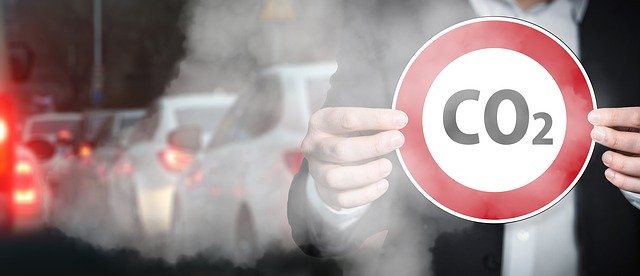
Neste supports ambitious carbon emission standards
The European Commission has published its review of the CO2 emission standards for heavy-duty vehicles calling for a 90% reduction of emissions by 2040. Neste welcomes policy actions that will reduce emissions from road transport in Europe, and continues to make significant investments in renewable transport fuels to support the European Union’s net-zero targets.
“Neste supports ambitious climate policies: our renewable solutions helped our customers reduce greenhouse gas emissions globally by 11.1 million tons last year. Yet we believe that this is only possible because of the range of options we currently have available,” says Minna Aila, Executive Vice President, Sustainability and Corporate Affairs at Neste. “We would be cautious to avoid scenarios that lock Europe into a one-technology approach or create dependence on one energy carrier. As the Commision proposal now enters the legislative process, we would like to see support for all renewable and sustainable fuels that also reduce emissions, in particular those that offer immediate solutions. Focusing too narrowly on specific technologies may unintentionally exclude some regions where it will be particularly difficult to electrify and the communities that live there.”
Full and fast decarbonization will be more easily achieved with a range of options
Transport is responsible for over a quarter of all greenhouse gas (GHG) emissions in the European Union. Advances in vehicle design and engine technology have been offset by an increase in road transport – both in terms of the number of vehicles and mileage – resulting in an increase in overall emissions over the past 30 years. Today, there are around 6.2 million trucks in circulation in the EU and their average lifespan is 14 years. In addition, the European Commission impact assessment ahead of the CO2 Standards Regulation shows that at least 70% of newly sold trucks would be running on diesel in 2030. To decarbonize these heavy-duty vehicles (HDVs), policymakers should explore several parallel solutions, as the HDV fleet could face substantial challenges to electrify.
With the right policy mechanisms in place, for example allowing the contribution of renewable fuels and recognizing the significant greenhouse gas savings derived from their use, we avoid excluding HDVs from both immediate and future decarbonization solutions as we collectively work to deliver a fossil-free road transport sector.
Information Source: Read More “
Energy Monitors , Electric Power , Natural Gas , Oil , Climate , Renewable , Wind , Transition , LPG , Solar , Electric , Biomass , Sustainability , Oil Price , Electric Vehicles,


